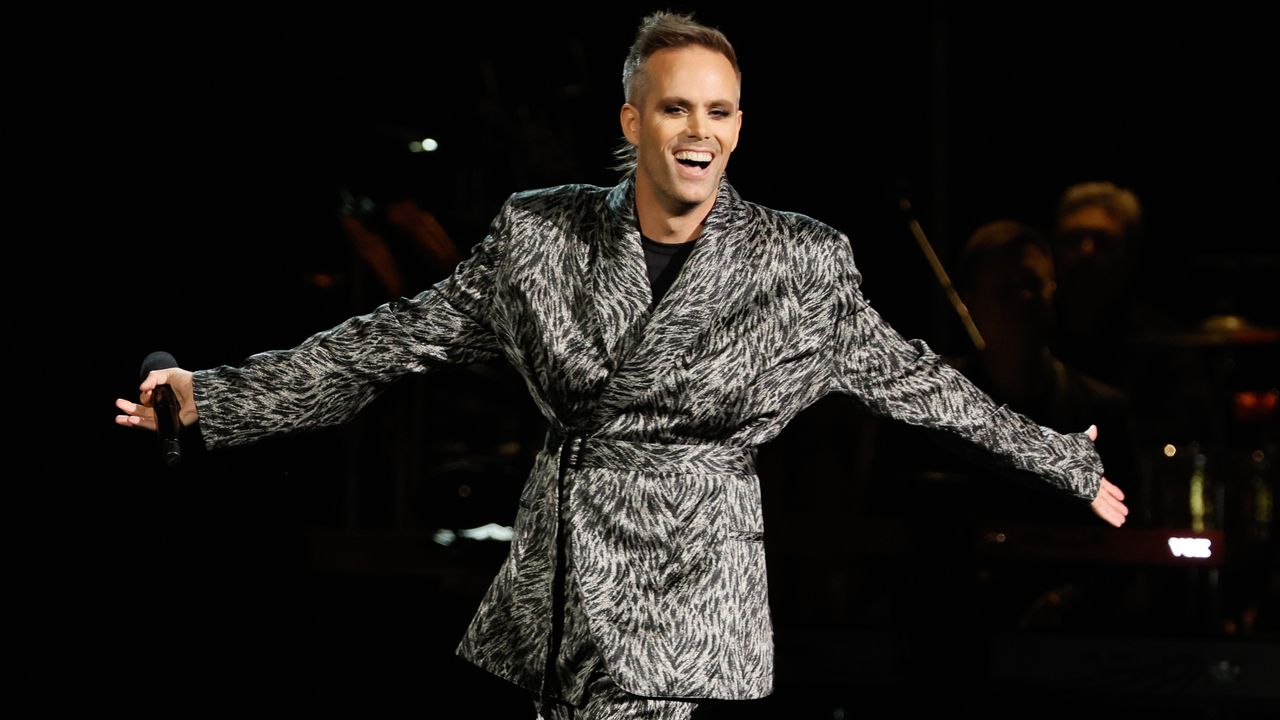
Justin Tranter, songwriter for Chappell Roan, Justin Bieber, Selena Gomez and many others, has warned that the music industry is facing a looming songwriting crisis. In short, unless songwriters get a better deal, they may be a thing of the past.
Tranter has given an in-depth interview with the Hollywood Reporter in which he discusses these issues, as well as his career, which has seen his songs break the 70 billion stream mark. Not that he earns much from streaming alone, he says.
“If the labels don’t start taking care of songwriters, there won’t be any anymore, and it’s just going to be old people like me, who can afford to work for free.”
“I want it to be clear that I’m not complaining for me,” Tranter is keen to point out. “The bulk of the money I made was through radio, film and TV, when songwriters could still make real money.
"Across all the streaming platforms that give you numbers, I think I’ve had just over 70 billion streams. Very little of the money I’ve made has come from that. I’m very, very scared for this next generation of writers.”
The problem, as he sees it, is twofold. During the era of the physical album, songwriters could make a decent income from mechanical royalties. Just one song on a best selling album could be enough to buy a songwriter a house. Not now when people stream individual tracks – Tranter says that he knows of writers whose songs have chalked up over a billion streams who are Uber drivers.
“If nothing changes, there will be no new songwriters,” Tranter says. “There’s no way to financially survive it. We go to work every day for free. We only make money if the song makes money.”
Then there is the tendency for artists to take credits even when they have contributed little or nothing to the song. This, to be fair, has always been there, but Tranter says is getting worse in the era of social media.
His main focus, he says, is the unbalanced relationship between the creatives and the businessmen who run the show: “The songwriter problem is a billionaire problem. And that’s where we should be focusing.
"There are record label executives, tech executives that have made a lot of the money that me and my co-writers should’ve made.”
And that’s before we’ve considered the impact of AI on all of this. “If we haven’t already, we are going to start to see a decline in greatness, fewer great songs,” Tranter says. “And that will eventually be a decline in (the music business’s)bottom line. The new generation can’t afford to stay in the game, which is scary.
"As someone who’s a fan first, I want new hitmakers, new people behind the scenes. I still want to keep going, but I can’t write every fucking hit.”







